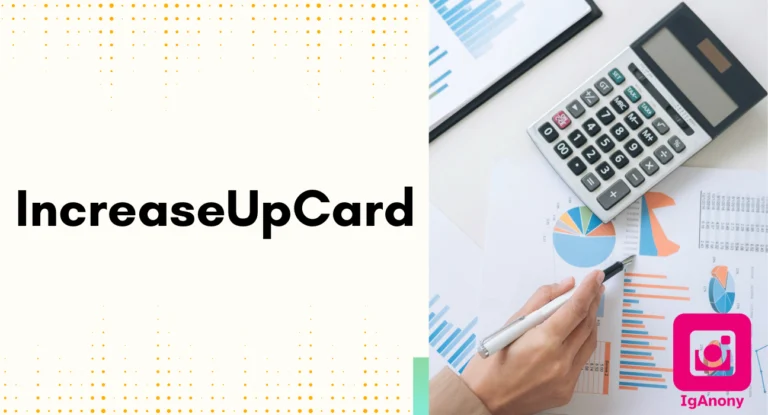How to balance festive sweets, late nights, and still feel energized?
It’s October. And we can feel October in the air. It’s the time for non-stop festivals, lights, food and the constant, emotional tug-of-war between wanting to indulge and not wanting to undo months of progress you finally made for your health.
But festivals aren’t a test we need to pass or fail. Festivals are about finding the balance between the late-night celebrations and our fitness goals. It starts with giving what your body needs during these colourful weeks, and that’s where most of us go wrong. We get worried about the extra ladoos and rosogollas. But we completely overlook the one nutrient that could change everything.
Protein: Your Secret Superpower during Festivals
When we eat more protein and balance our carbs (not eliminate, just balance), our body starts producing ketones, which are small energy molecules that naturally reduce our appetite by keeping us full for a long time.
So, start your day with something like kuttu ka cheela and paneer for breakfast. And for the random snack cravings, munch on some roasted makhana mixed with nuts.
Pro tip: Before going out for a long day of rituals, have a quick protein-rich snack, like a boiled egg, a small bowl of Greek yogurt, or a glass of milk with soaked almonds. This will stop you from craving the samosas and pakoras, and keep you from mistaking boredom for hunger.
Eat the Right Food Before Bed – It Can Make or Break Your Next Day
Whether it’s Navratri, Diwali, or Durga Puja, we keep convincing ourselves that we’ll “catch up on sleep later” (spoiler: we won’t).
But it’s not just going to bed late at night that affects our sleep. It’s what you’re eating before going to bed. The high-carb meals right before bed and the gulab jamuns, which look so irresistible after dinner, make us tired faster, and we quickly fall asleep. But then we find ourselves awake at 3 AM as sleep plays hard to get (again).
This is because the high-carb meal we had before going to bed causes major blood sugar swings, and we don’t get that deep, restorative sleep our body needs.
So, what should you do? Eat your evening meal at least 3-4 hours before bed, not right before you collapse into it. And when you do eat, choose low-GI, high-fiber options like samak rice, roasted sweet potato, or rajgira roti over fried and sugar-rich foods.
Mindful Eating: (No, it’s not eating less)
It’s never the first jalebi that causes the crash; it’s the third one we don’t even notice while eating. The only way to stop us from exceeding the first time is mindful eating.
It means eating consciously. When we are not present with our food because of distraction or because we are starving for too long, we end up eating without even noticing if we are actually hungry.
How to Practice Mindful Eating:
- Don’t eat while you are standing: This simple act signals to your body that a meal is happening, which helps you digest the food and feel satisfied.
- Create a 20-minute minimum time limit:
Don’t inhale your food in 10 minutes like Monica! Slow down between bites so that your body gets enough time to catch up. - Ask “Am I 80% Full?”
You don’t have to eat until you’re completely full. Aim for 80% fullness – it’s a comfortable place where you’re satisfied but not heavy.
Resisting so many varieties of foods during this time is hard. But the secret to saying “no thank you” isn’t willpower. It’s yoga. There are several yoga classes online, free for beginners, that teach breathing exercises to reduce cortisol and your random cravings.
also read: The Role of Innovation in Modern Entrepreneurship
Conclusion:
The wins during the festivities can simply look like:
- Choosing fruit over fried food, at least once today
- Doing a 15-minute workout when you wanted to do nothing.
- Remembering to attend the Yoga Classes in Delhi there are many drop-in sessions in Hauz Khas and Lodhi Garden during the holidays
- And if getting to a physical class feels impossible right now, there are Yoga Classes Online Free for Beginners, that you can do in your bedroom at 6 AM before the entire household wakes up.
So stop waiting for the “perfect” time to take care of yourself. Stop telling yourself you’ll start after Navratri or Diwali ends. The path to fitness isn’t a straight line; it’s a series of course corrections, and every single one counts.







